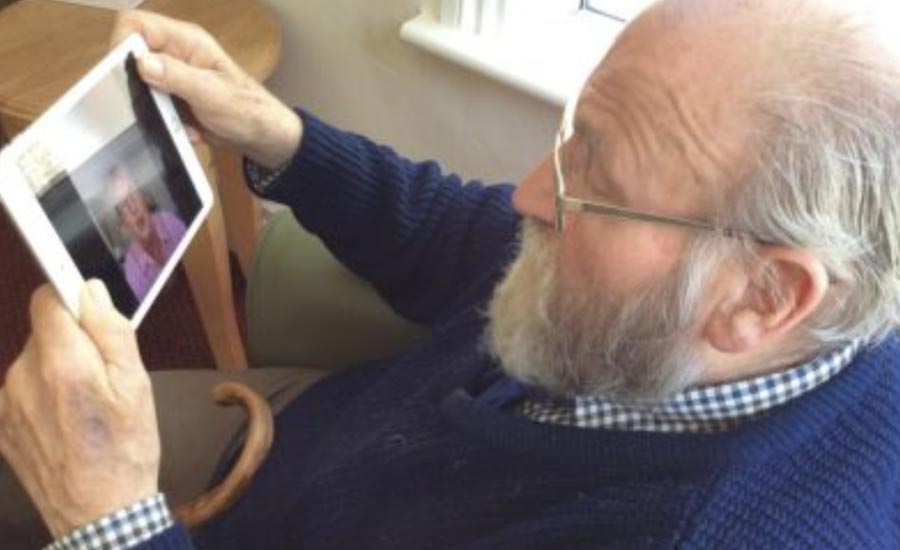Helping The Elderly Combat Loneliness

It’s human nature to feel the need to interact and be around others. So, if we can’t enjoy companionship, experiencing feelings of loneliness and isolation is entirely normal. As we age, however, loneliness can be a feeling that becomes more prominent.
Age UK has recently carried out research that has not only found that 1.4 million older people are living in the UK who feel lonely, but those feelings can be as damaging to their health as smoking 15 cigarettes per day.
As such, it’s critical that we are all able to identify the signs of loneliness in our loved ones so we can support them if they need us.
What can cause loneliness?
Loneliness is often caused by a lack of interaction with others, resulting in low moods. However, loneliness isn’t as simple as just being alone; it can be due to not having enough personal interactions with others or being able to see friends and family members.
Distance between family members can often be a primary cause, the physical distance or inability to see them due to other commitment, often leading to feelings of isolation. Others may struggle to get out and about due to health reasons, meaning it’s more challenging to travel and see friends.
With older people often moving around as they downsize or move in with family members, friendships can also become harder to maintain. Some may also struggle with communication due to health reasons such as dementia, making it more challenging to bond with loved ones.
Spotting the signs of loneliness
There can be many different reasons that lead to loneliness, and often, there’s not just one, but a mixture of things. However, there are a few key indicators that you can be aware of to help you react should they begin to feel down.
The first signs to look out for is when you’re talking to them. Have they begun to talk a lot more than usual? If they have, they may be trying to overcompensate for their feelings. Also, pay attention to what they’re saying. If they begin to imply you don’t see them enough, or that they have no one to talk to, they may simply be feeling more isolated than usual.
Signs can also show up in their day to day behaviour. Pay attention to how they communicate and act around others in their usual social environments. Some may begin to act more extroverted, while others could start to act out of character to attract more attention.
Other signs can include a struggle to nurture their existing friendships or creating intense but short-lived relationships with people who they meet, such as decorators.
Combating loneliness
If you think your loved one may be feeling lonely, there are plenty of ways that you can help them feel more connected.
Locally, there may be plenty of groups or clubs that could be of interest. Community centres often host a range of activity groups and meetups that offer a chance to get out of the house and meet new people. There could also be day centres which provide a welcoming environment for older people to enjoy activities and the company of others.
Befriending services can also be incredibly reassuring for those who are feeling lonely. Age UK (0800 055 6112) and Independent Age (0800 319 6789) both offer befriending calls which can be booked in regularly. Similarly, The Silver Line (0800 470 8090) also provide befriending calls, as well as a confidential space to get advice.
In some instances, loneliness can be a sign that a person may need more day-to-day support and companionship, such as that offered in residential care homes. Those living care homes can benefit from around the clock care and support, ensuring they live comfortably, while also being able to access a broad community in which they can make new friendships.
Rosebank Care Home is devoted to ensuring all residents feel content, comfortable and happy at homes. We provide daily activities and sessions that no only engage and entertain but also provide time for bonding and the development of new relationships. Our care team also spend plenty of one-on-one time with residents to ensure everyone is happy and supported.
Looking for a home for your loved one?
If you’d like to hear more about our Bampton-based home, our team would love to speak to you
